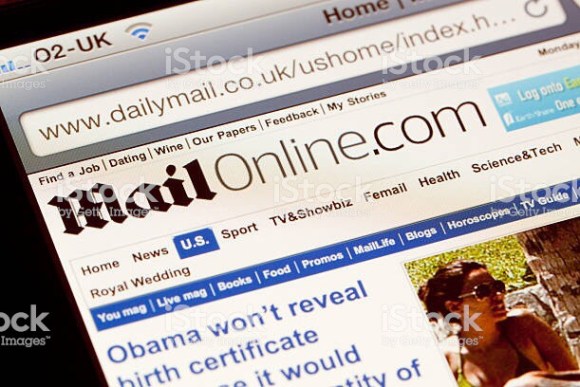
As a content creator and someone who identifies as part of the LGBTQ+ community, this story hit me.
The article is about the demise of the podcast The Sydney Gays, which ended after only four episodes.
The hosts, Wil Sabin and Jay Fisher copped fierce backlash after the first episode, Chic or Sh*t. LGBTQ+ listeners were some of their critics; they were accused for perpetuating stereotypes.
On their second episode, Fisher and Sabin apparently peddled back and tried to be more authentic.
The fourth episode, The Dark Side of the Rainbow was the last one uploaded. They spoke about some of the alleged vicious trolling they received. This included being compared to chemotherapy and receiving death threats. Fisher and Sabin claimed they were worried about the affect it had on their loved ones.
The cost of LGBTQ+ rights?
I never heard the Sydney Gays podcast. But when I was reading the article and planning this post, a question came to mind: is the backlash against The Sydney Gays a reflection on the pressure LGBTQ+ people feel to appear ‘normal’? Is that why some of their critics were LGBTQ+ themselves?
Feel free to correct me if I’m wrong, but I can’t think of a non – LGBTQ+ creator being reprimanded to pipe down and act more ‘authentic’.
Is this a cost for the gain in rights that LGBTQ+ people have gained, especially same – sex marriage, which became law in 2017?
Now, it may be that (e listeners found their Sydney Gays annoying. If that’s the case, then, sure, they could tone down the exaggerations and make their presentation more professional.
However, my concern is if the backlash against Sabin and Fisher is a sign that LGBTQ+ creators will have ‘rules’ placed on them that wouldn’t apply to others. I hope LGBTQ+ creators won’t have to repeatedly ‘prove’ themselves to be OK.
What should creators tolerate?
Some creators have criticised Sabin and Fisher for giving up too soon. Music, event and video producer, Dan Murphy pointed out the iTunes charts, claiming that Sydney Gays got a number of listeners people would “kill for”. This would have been driven by both the positive and negative feedback.
Murphy himself is no stranger to negative feedback. Despite rave reviews for an early video that featured a group of drag queens, one of his later videos featuring a mob dance for BMW was blasted. News and marketing website, Mumbrella, crucified it.
While I get that creators should expect criticism and even harshness, death threats are not on. Sabin and Fisher even expressed concern for loved ones and how they could be affected. This has to be condemned. It’s also tragic when that sort of bullying kills someone’s creative pursuit. In a way, the bullies have won because of the collapse of Sydney Gays. But it shouldn’t have happened anyway.
All creators, including those from the LGBTQ+ community should be able to create without fear. Nobody should be pressured by bullies into stopping their creative project. And, most importantly, I hope this isn’t the start of a trend where LGBTQ+ creators are bullied into silence.

